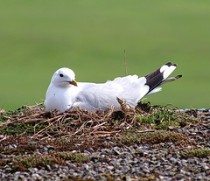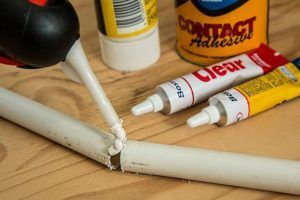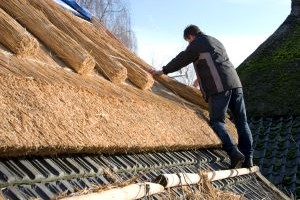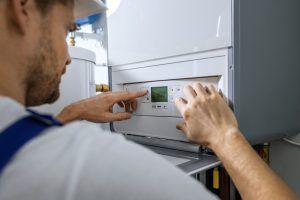If you’ve discovered birds in your roof, you may be worried about whether they can cause damage to your home by setting up their nest in there. In this guide, we’ll cover what you should do if you find birds in your roof and whether your home insurance will cover any resulting damage.
Will Birds In My Roof Cause Damage To My Home?
According to the RSPCA, the answer is no – at least very rarely. Birds typically make themselves at home in your roof via existing damage (for example, finding a hole through your roof/insulation already). In essence, lack of maintenance could be considered responsible for your disrupted sleep!
The other question many people ask is whether or not they can get rid of the nesting birds. The answer to that is also no.
It’s against the law in the UK to damage or destroy all birds, their nests and eggs (Wildlife & Countryside Act 1981). It is also an offence to prevent parent birds from gaining access to their nests.
If birds are endangered it could even be an offence to disturb them when they’re near their nests. The only time some birds (feral pigeons) can be removed or even killed is if they threaten public health. This is how seriously the UK takes its bird protection.
Is Damage To My Roof by Birds Covered In My Home Insurance?

No, most home insurance policies will not cover any damage to your home caused by wildlife, vermin, or pests, including to your roof. The good news is that any birds in your roof are unlikely to cause any damage, so this should not be huge concern.
If your roof was covered by a storm, flooding, or other natural disaster (creating the hole that allowed birds into your roof), this may be covered by your home insurance policy.
What Should I Do About Birds In My Roof, Then?
Unfortunately, there’s not much you can do once they’ve set up home in your roof. However, the good news is that they’ll be gone within a couple of months, and unlikely to cause any lingering damage.
Your best course of action is to wait for your home-birds to flock the nest, then repair the damage that let them in in the first place. You might consider installing a birdhouse in your garden, if that’s an option, to provide the birds with a new place to live should they return next year!
What Birds Are Likely To Nest In Roofs?
Only a small selection of birds is likely to make their homes in your roof, under your eaves or in your chimney. According to the RSPCA, these species include:
- Feral pigeon
- House sparrow
- Starling
- House martins
- Swifts
- Jackdaws
- Swallows
(Jackdaws and swallows make their homes in chimneys but it’s important to note that the chimneys on modern homes are not wide enough to accommodate their nests. They might still find chimneys on old cottages attractive, however.)
- Barn owls
- Little owls
- Tawny owls – very rare
- Blue tits
- Great tits
Owls and tits are generally only found in the country, so urban-dwellers won’t have to keep a weather eye open for them.
How To Prevent Birds From Nesting In Your Roof
Since you’re not allowed to remove birds from your roof once they’ve made themselves at home, your only option is to prevent them from entering in the first place. You can also take steps to prevent them from returning if you’ve had problems in the past.
The best time to implement prevention techniques, according to the RSPCA, is during winter, which is not a nesting period for most birds. To prevent birds from setting up their nest in your roof again, follow these tips:
- Inspect the exterior thoroughly for any cracks or gaps and then seal them. Call an expert if you don’t trust your eye.
- Try to arrange for the holes to be sealed during the morning, as this is when most birds are out of the nest and they aren’t likely to be sealed in the roof space.
- If you’re worried that some birds might be trapped accidentally, you can install a temporary mesh cover for a few days and monitor the hole. If no birds appear you can go ahead and seal it up properly.
A note on bats:
Bats are also protected by UK law, so if have a bat problem contact the Bat Conservation Trust on 0845 1300 228.







